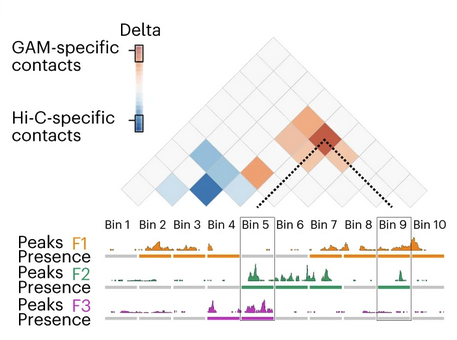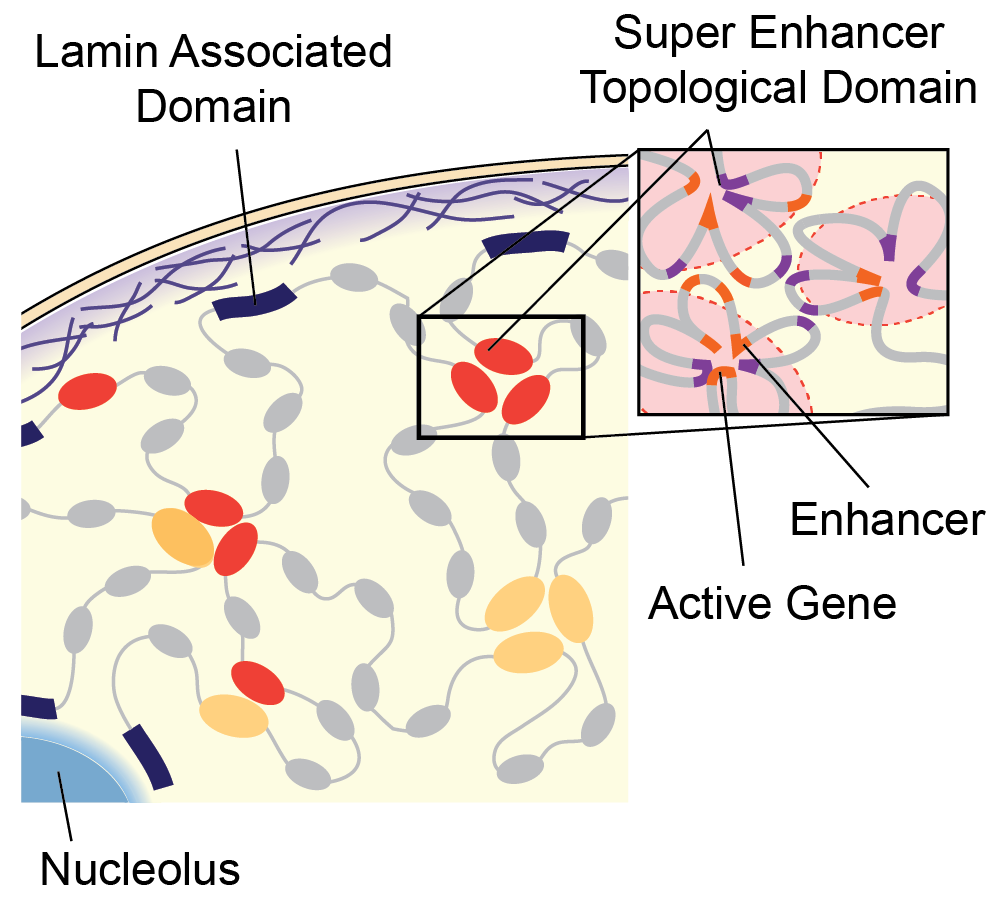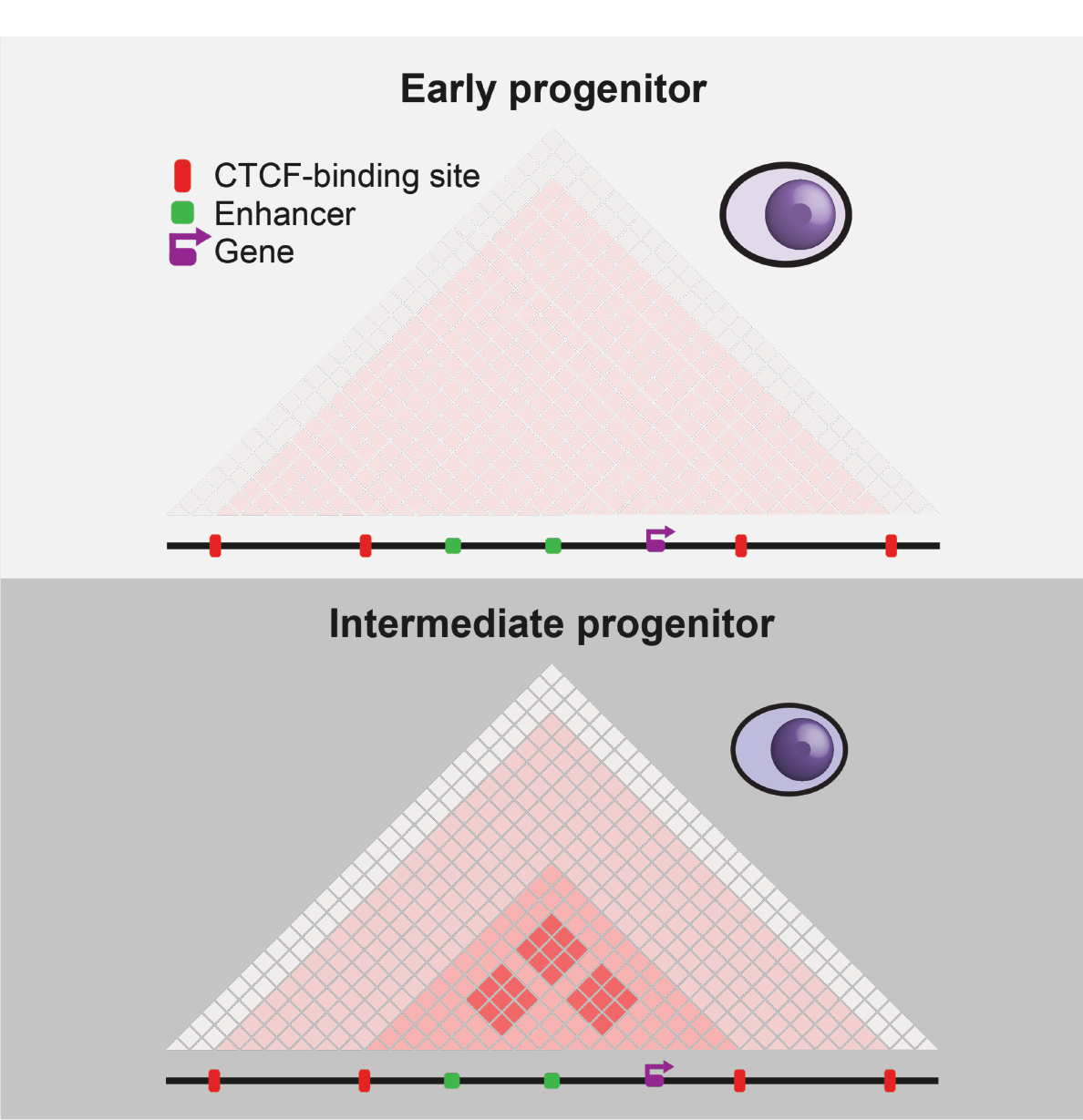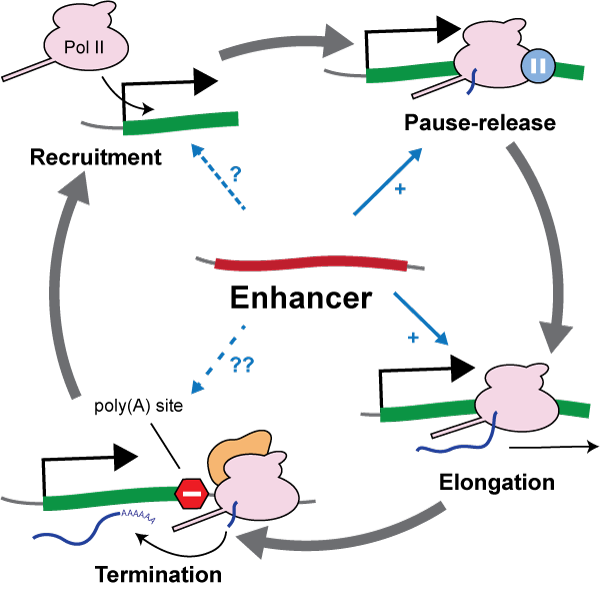Our Research
Genetic syndromes caused by mutations in chromatin genes usually lead to problems in multiple different organ systems, often including the brain and the heart. We believe that the best way to understand the consequences of these mutations is to study their effects in the specific cell types that they most affect. For that reason, our lab places a particular emphasis on technologies that allow us to directly examine complex mixtures of different cell types within intact tissues.



